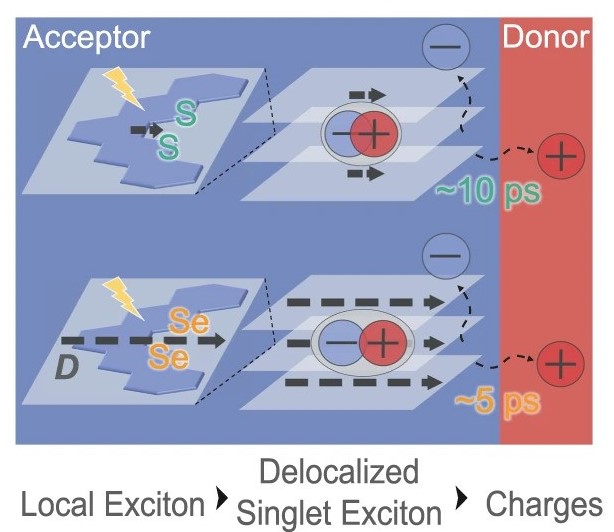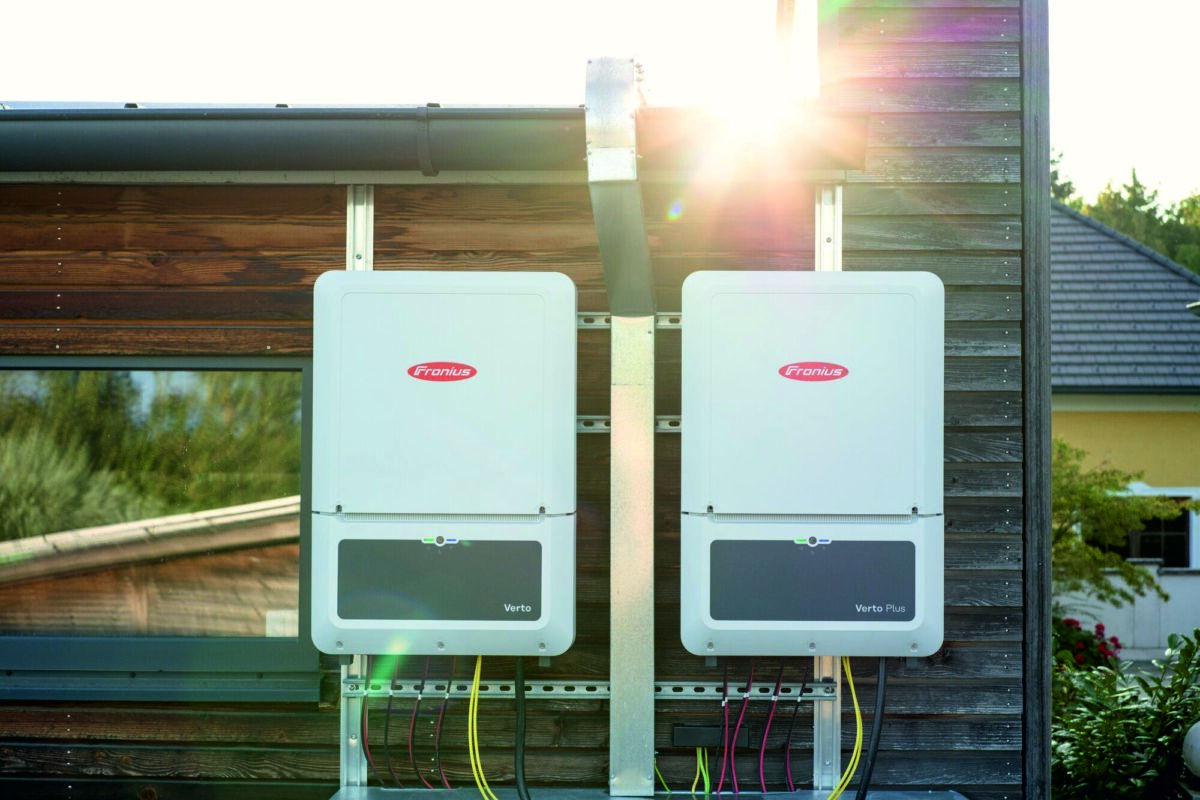An international group of scientists has built an organic solar cell based on an acceptor based on selenium (Se) instead of commonly utilized non-fullerene acceptors (NFAs). The use of Se is intended to accelerate hole transfer and improve the dielectric constant, which purportedly results in higher power conversion efficiency.
“The remarkable finding is that the Se substitution on the acceptor central core works so well to enhance the dielectric constant of the material and thus the associated exciton dynamics, as well as improve the charge transport properties and finally the device's performances,” corresponding author, Kam Sing Wong told pv magazine.
“The improvement of PCE is limited by the relatively low dielectric constant (εr) of the organic semiconductors,” the researchers explained. The εr is the relative permittivity of a substance to vacuum, which describes the capability of a material to contain an electric flux. Typical inorganic solar cell semiconductors such as silicon (Si) and gallium arsenide (GaAs) exhibit a high εr of around 12. By contrast, the OSC semiconductors normally exhibit εr of 3 to 4.
According to the research group, the double Se substitution of sulfur (S) at the outermost thiophene ring of the NFA central core increases its dipole moment, or the overall polarity of the molecule. Creating a Se-NFA film with PM6:T9SBO-F configuration, they achieved an εr of 5.04 in the Se-NFA film. When blended with a polymer donor, it resulted in a hole transfer time reduction from around 10 ps to about 5 ps.
The scientists embedded the novel acceptor in the active layer of an organic cell. The device relied on an indium tin oxide (ITO) substrate, a PEDOT:PSS layer, the organic active layer, an electron transport material (ETL) made of PNDIT-F3N, and a silver metal contact. This cell initially achieved an efficiency of 18.4%.
“Surprisingly, the Se-based blend exhibits faster charge recombination after hundreds of picoseconds upon excitation, which is counterintuitive because it is more difficult for the separated charges to recombine in higher εr materials,” the scientists said. Recombination refers to the recombining of electrons and holes, which leads to lower device efficiency and loss of current.
To solve this issue, the researchers optimized the acceptor by introducing another non-fullerene acceptor known as PM6:L8-BO. This caused a higher hole-transfer time of around 7 ps but suppressed bimolecular recombination. “The PM6:L8-BO:T9SBO-F device delivered a PCE of 19.0% with a reduced non-radiative recombination loss of 0.221 eV,” the research group highlighted, adding that the cell also showed improved long-term operation stability.
“Se substitution leads to poorer molecular stacking,” Sing Wong said. “We are now considering optimizing the molecular structure to simultaneously improve the dielectric constant and manipulate its stacking behavior for better photovoltaic performance. To achieve the targets, we will devote our efforts to modifying the central core unit and the structure of the alkyl side chain.”
The cell concept was presented in the paper “Selenium substitution for dielectric constant improvement and hole-transfer acceleration in non-fullerene organic solar cells,” published in Nature Communications. The study was conducted by scientists from The University of Hong Kong, City University of Hong Kong, and The Hong Kong University of Science and Technology, as well as from the Chinese University of Hong Kong, China's Qingdao University, and the USA's University of Washington.
This content is protected by copyright and may not be reused. If you want to cooperate with us and would like to reuse some of our content, please contact: editors@pv-magazine.com.



By submitting this form you agree to pv magazine using your data for the purposes of publishing your comment.
Your personal data will only be disclosed or otherwise transmitted to third parties for the purposes of spam filtering or if this is necessary for technical maintenance of the website. Any other transfer to third parties will not take place unless this is justified on the basis of applicable data protection regulations or if pv magazine is legally obliged to do so.
You may revoke this consent at any time with effect for the future, in which case your personal data will be deleted immediately. Otherwise, your data will be deleted if pv magazine has processed your request or the purpose of data storage is fulfilled.
Further information on data privacy can be found in our Data Protection Policy.